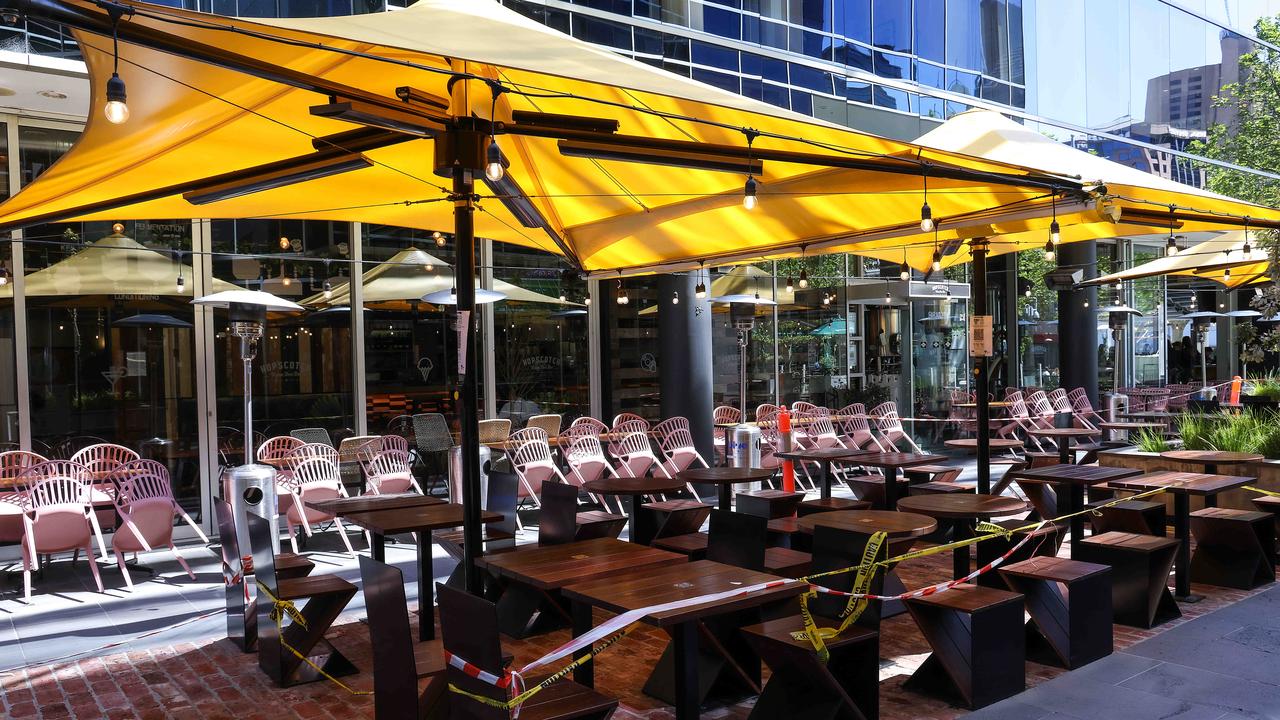Coles, Woolworths deny ‘fake discounts’
The supermarket giants have defended allegations they promoted false discounts, saying they were legitimate and blaming suppliers for asking for price increases.
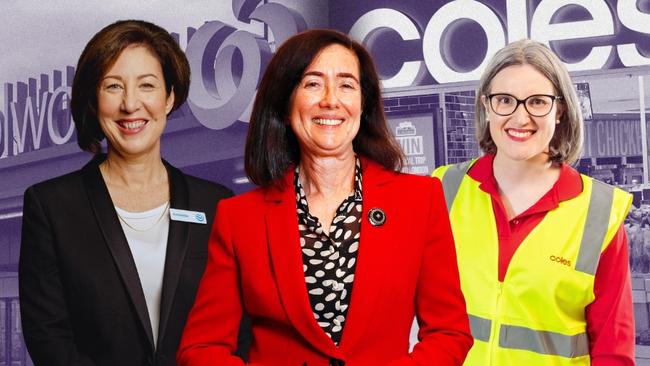
Business
Don't miss out on the headlines from Business. Followed categories will be added to My News.
Supermarket giant Coles says surging supplier commodity prices and other cost increases led it to pump up the value of its household goods, as it defends a blockbuster court case launched by the competition regulator.
In late September, Woolworths and Coles were hit with claims they promoted “misleading” or “illusory” discounts on hundreds of common supermarket products.
The Australian Competition & Consumer Commission’s separate proceedings in the Federal Court alleged a breach of the Australian Consumer Law by “misleading consumers through discount pricing claims” on the products.

In response to the allegations, defence papers lodged by Coles claimed products marked on sale in its Down Down promotion “accurately conveyed that the price of the product had been reduced to the Down Down Price from its previous ‘white ticket’ non-promotional price”.
“Coles denies that the discount for affected products at Down Down program prices was illusory,” the company’s concise statement read.
As well, the retail giant said prices of its goods were increased after requests from suppliers.
“This proceeding relates to a period of time when Coles and its suppliers were experiencing significant cost increases including, but not limited to, a surge in global commodity prices, and in the cost of packaging, freight, utilities and international shipping,” the Coles court documents said.
“In response to requests from its suppliers for cost price alterations (CPA) or changes to the promotional funding arrangements, Coles together with the supplier reassessed the promotional and non-promotional pricing of the supplier’s products, including in relation to the 245 affected products (that are) the subject of this proceeding.”
Woolworths similarly said price increases were spurred on by its suppliers, “with cost price increase requests being made at four to five times the rate received pre-Covid”, according to its defence papers.
“Following those cost price increases, Woolworths sold products at particular retail prices for a period of time. The prices were genuine prices and many units were sold at those prices,” the papers said.
The allegations relate to products sold by Woolworths and Coles at regular long-term prices, which remained the same, excluding short-term specials, for at least six months and in many cases for at least a year.
The products were then subject to price rises of at least 15 per cent for brief periods, before being placed in Woolworths’ Prices Dropped promotion and Coles’ Down Down promotion, at prices lower than during the price spike but higher than, or the same as, the regular price that applied before the spike.
Court documents from the ACCC, later released as part of the case, argued Woolworths and Coles fooled customers into buying everyday groceries by using fake discounts spanning almost every aisle of the supermarket, from tampons and fly spray to pet food and even infant milk formula, which lured shoppers with misleading discounts as high as 39 per cent.
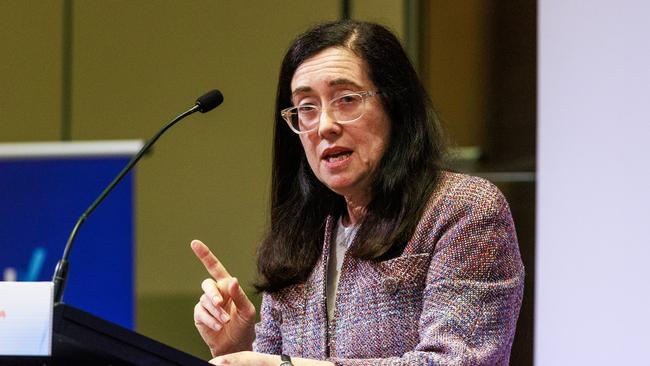
Court files revealed that popular grocery items such as pet food, a popular range of Coca-Cola, Oreo biscuits and fly spray were offered by the supermarkets on discount when in fact they were still more than 29 per cent more expensive than the “regular price” that had featured on supermarket shelves for as much as two years before.
The true breadth of the alleged conspiracy has been laid bare in fresh court documents obtained by The Australian in October that were lodged with the Federal Court by the ACCC, which painted a picture of fake or illusory discounts across dozens of food and grocery categories at both supermarket giants.
For example, Raid night & day mosquito spray was the top of the “fake discounts” for Woolworths, according to court documents lodged by the ACCC, with its discount price actually 39 per cent above the regular price. Lucky Dog pet food had similar “fake” discounts that were in fact 33 per cent above the regular sale price, while Coca-Cola had discounts 28 per cent above the regular price. Other items such as Oreo biscuits were 29 per cent above the actual cost, with the regulator detailing the journey each supermarket retailer took to pump up shelf prices and then reduce them only slightly in order to tempt shoppers with what they thought were genuine discounts.
Both supermarkets, the regulator has alleged, inflated shelf prices and then later offered discounts that were in fact still more expensive than the average selling price in the year or years before – advertising them as real savings when in fact they were not.
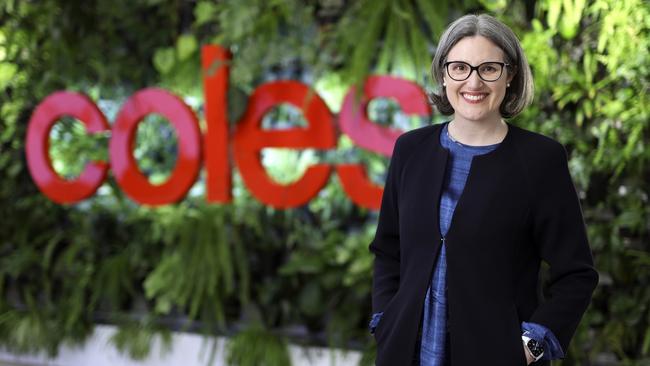
In late October, the supermarkets had their first opportunity to argue against the merits of the case against them and show some of the defence the supermarkets will likely rely on, as counsel for both Woolworths and Coles spoke before Justice Michael O’Bryan in a case management hearing.
Woolworths and Coles have strongly denied accusations of fake discounts by saying almost all followed price-hike requests from food and grocery suppliers to make later discounts indeed genuine.
It was crucial to acknowledge the price hike requests, the supermarkets argued in the Federal Court in late October, as high inflation had put pressure on suppliers who sought to recover their costs. This meant the discounts later offered by Woolworths and Coles were not “illusory”, as claimed by the regulator.
It seems the key thrust of the supermarket giants’ defence will be that the initial price hikes pushed through by both provide the base on which later promotions needed to be assessed.
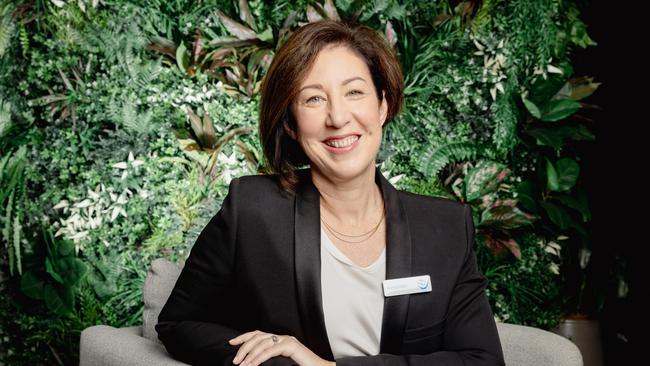
Counsel for Woolworths, Cameron Moore SC, told Justice O’Bryan the ACCC case was “misconceived” and the price discounts offered to shoppers were “factual”. He was matched by counsel for Coles, John Sheahan KC, who told the Federal Court that in “almost every case” the raised prices on more than 250 items tracked by the ACCC came about because of price hike requests from food and grocery suppliers who faced an increase in costs during a “sudden outbreak of high inflation”.
“The ultimate discounted price, whether that was a genuine discount, has to be considered or assessed in light of the reality of the … (original) price … being the product of real cost increases imposed on a supplier which the supplier need to recoup,” Mr Sheahan told the court.
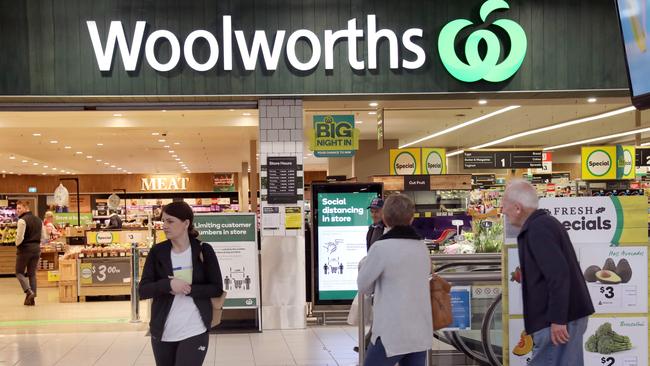
Mr Sheahan KC said in order to discover the genuineness of the discounted price on a grocery item later offered by Coles, it was important to look at how the cost of the product to Coles “came about”.
“Because the implication, what we think is implicit in words like “illusory” or “genuine”, is that there was some artificiality in the (original) price. And we say no,” he said.
Mr Sheahan said Coles did not see this as a case that could be addressed by only referencing a narrow set of facts with impacts for suppliers and customers. He said the evidence would show that when price requests came in from suppliers, they were investigated by Coles to test whether they were well grounded.
Mr Moore said: “The suggestion which seems to light the heart of the ACCC’s case is that Woolworths initiated temporary price rises or price spikes – and that is not correct factually.” He said any price hikes were requested by suppliers.
Later price discounts by Woolworths were indeed a reduced or dropped price, “and legitimately so”, Mr Moore added.
The case is continuing.
Originally published as Coles, Woolworths deny ‘fake discounts’


